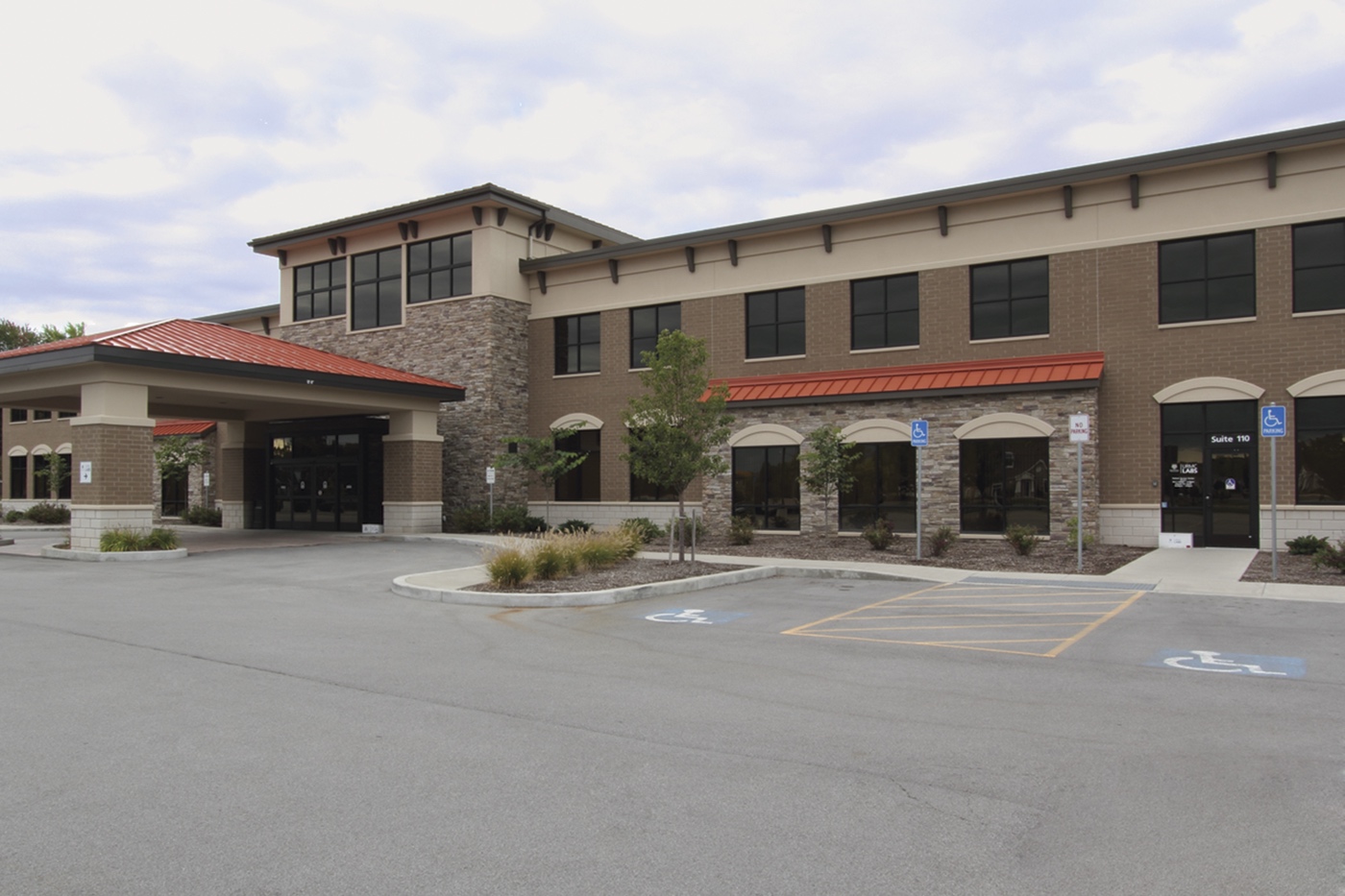Hematuria
Make Appointments & Get Care
What is Hematuria?
Hematuria refers to blood in the urine. If the blood is not visible—discovered only when a urine sample is examined in a lab—the condition is called microscopic hematuria.
When it’s visible, turning the urine reddish or darker than normal, the condition is known as gross hematuria. The amount of blood in urine is unrelated to the seriousness of hematuria.
Hematuria is more a symptom than a condition in itself, because it has many possible causes, such as a urinary tract infection, kidney or bladder stones, an enlarged prostate in men, cystitis (a bladder infection, usually in women) or cancer (of the bladder, kidney or prostate). Other causes can include:
- An injury that results in a bruised kidney
- Medical conditions, such as sickle cell disease
- Prescription medications, such as blood thinners
- Certain foods, such as beets and berries, which can make urine appear reddish but do not cause bleeding
Schedule an appointment with a UR Medicine provider.
Call (585) 275-2838UR Medicine's Treatments for Hematuria
Diagnosing hematuria can start with urine tests to search for bacteria that causes urinary tract infections or tests to look for abnormal cells that can be a sign of bladder or kidney cancer.
Imaging tests include X-rays as well as:
- Intravenous pyelogram (IVP), a form of X-ray that allows a urologist to see pictures of the urinary system (kidneys, ureters, and bladder). A special dye, called a "contrast agent," is injected into a vein in the arm and passes quickly into the urinary system. This makes it easier to see abnormalities there.
- MRI (Magnetic Resonance Imaging) to create computer-generated, cross-sectional pictures of the organs and areas being examined.
- CT (Computed Tomography CAT scan), to create detailed, three-dimensional pictures of organs and areas being examined.
- Ultrasound to create pictures of the organs and areas being examined.
Cystoscopy is used when a urologist needs to look directly into the bladder and urethra. Local anesthesia is administered, and a thin, telescope-like instrument with a fiber-optic lighting system is gently inserted into the bladder through the urethra.
Treatment depends on what testing shows. Hematuria may be severe and require immediate attention, but many causes of hematuria are not serious and treatment may not be needed.
What Sets Us Apart?
UR Medicine Urology provides the Rochester metropolitan area and surrounding region's most advanced and comprehensive urologic care. Many of our doctors are fellowship trained, the highest level of education available.
We use the most advanced technology to perform procedures, such as minimally invasive robotic prostate surgery. We’re a national pioneer in minimally invasive surgery, which speeds recovery, reduces post-surgery pain and decreases the risks of complications
UR Medicine is one of only a few academic medical centers offering high intensity focused ultrasound (HIFU), a personalized treatment for prostate cancer. We use the latest da Vinci Surgical System, with high-definition 3D imaging to enhance the surgeon's vision during procedures.
We participate in the most current research in urology, so we can make informed decisions based on the latest knowledge in the field. More patients turn to us for second opinions on urologic disease and conditions.
Locations
View All LocationsWe serve you in the Rochester metropolitan area and surrounding region.
View All Locations13 locations
158 Sawgrass Drive, 2nd Floor, Suite 230
Rochester, NY 14620
Strong West
156 West Avenue, 1st Floor or 3rd Floor
Brockport, NY 14420
699 South Main Street, Suite 6
Canandaigua, NY 14424
Noyes Memorial Hospital
111 Clara Barton Street
Dansville, NY 14437
Noyes Health Services
48 East South Street
Geneseo, NY 14454
South Pointe Landing
10 South Pointe Landing, Suite 130
Rochester, NY 14606
Jones Memorial Hospital
191 North Main Street, 3rd Floor
Wellsville, NY 14895
St. James Medical Office Building
7309 Seneca Point Road North, Suite 102
Hornell, NY 14843
Lattimore Medical Center
125 Lattimore Road, West Entrance, Suite G-100
Rochester, NY 14620
Highland Hospital
1000 South Avenue
Rochester, NY 14620
Ambulatory Care Center at Strong Memorial Hospital
601 Elmwood Avenue, 2nd Floor
Rochester, NY 14642
Patient Education & Support
Clinical Trials
Urologists at the University of Rochester Medical Center are now involved in clinical trials of new urine tests and other non-invasive methods to diagnose bladder cancer. If successful, these tests will be easier for patients and enable earlier detection.
Learn more






